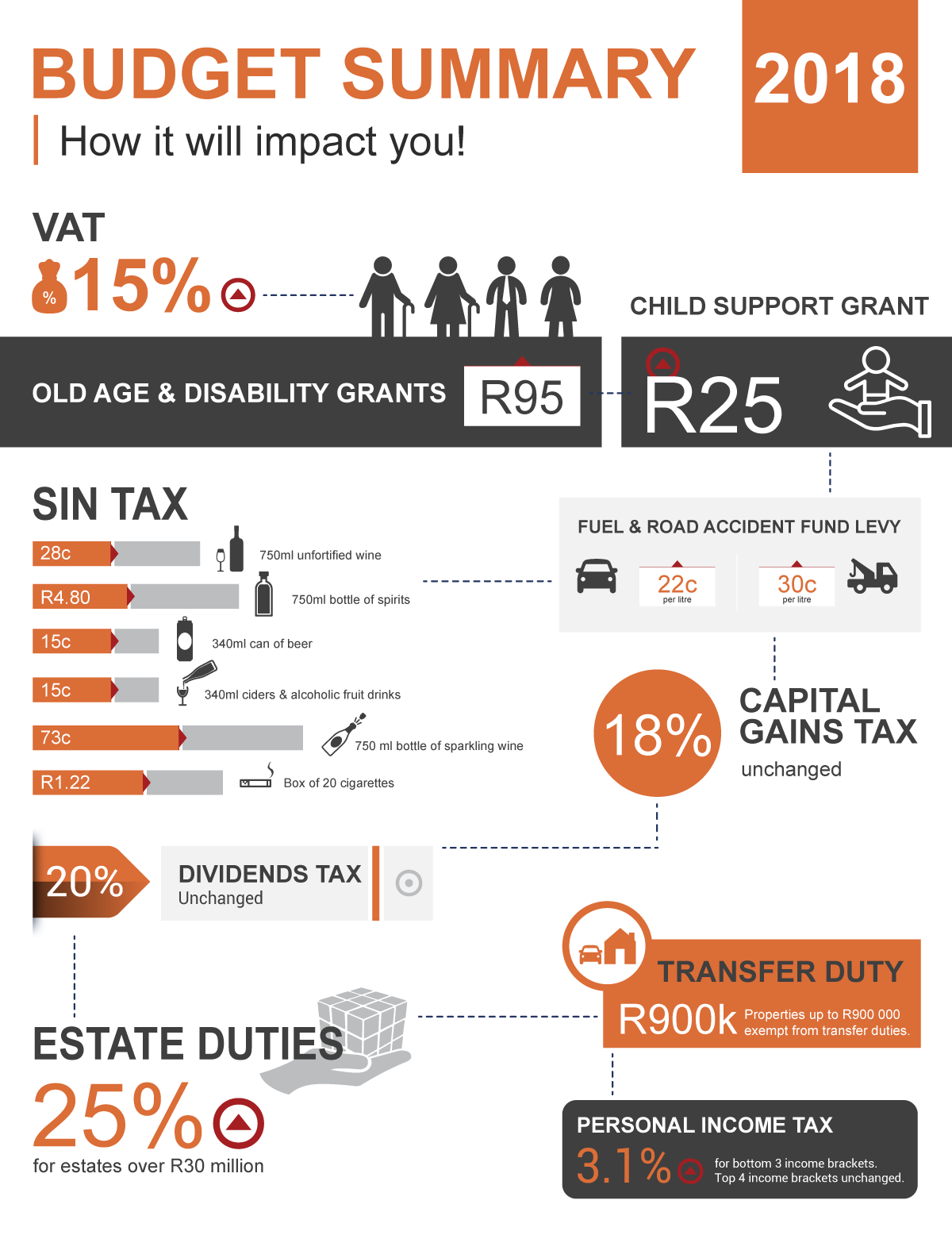Sectional titles: What is the role of the body corporate?
When it comes to sectional title schemes, there is still widespread misunderstanding of even the basics, starting with the body corporate and how it is established, as well as what its functions and powers are. This misunderstanding often gives rise to many problems and disputes in sectional title schemes which could quite easily have been avoided.
What is a sectional title?
A Sectional Title Development Scheme, usually referred to as a “scheme”, provides for separate ownership of a property, by individuals. These schemes fall under the control of the Sectional Titles Act, which came into effect on 1 June 1988.
When you buy a property that’s part of a scheme, you own the inside of the property i.e. the space contained by the inner walls, ceilings & floors of the unit. You are entitled to paint or decorate or undertake alterations as desired, providing such alterations do not infringe on municipal by-laws.
What is the body corporate?
The Body Corporate is the collective name given to all the owners of units in a scheme. Units usually refers to the townhouses or flats in a development. The body corporate comes into existence as soon as the developer of the scheme transfers a unit to a new owner. This means that all registered owners of units in a scheme are members of the Body Corporate.
- The Body Corporate controls and runs the Scheme.
- Day-to-day administration of the Scheme is vested in trustees who are appointed by the Body Corporate.
- Major decisions regarding the Scheme are made by the Body Corporate, usually at the annual general meeting (AGM), or at a special general meeting (SGM). At these meetings, matters, which affect the Scheme, are discussed, budgets are approved, rules can be changed and trustees are appointed. Each member of a Body Corporate is entitled to vote at these meetings, providing that the member is not in arrears with levy payments or in serious breach of the rules.
The Body Corporate exists to manage and administer the land and buildings in the scheme. This means, that the Body Corporate is required to enforce the legislation and rules in the Sectional Titles Act, the Management Rules and the Conduct Rules of the scheme. Amongst their other duties, the Trustees manage the Body Corporate’s funds, enforce the rules and resolve conflict to the best of their ability.
References:
- http://www.angor.co.za/news/understanding-sectional-title-terminology-body-corporate/
- http://www.sectionaltitlecentre.co.za/faqs.aspx
- http://www.bizcommunity.com/Article/196/568/161017.html
This article is a general information sheet and should not be used or relied on as legal or other professional advice. No liability can be accepted for any errors or omissions nor for any loss or damage arising from reliance upon any information herein. Always contact your legal adviser for specific and detailed advice. Errors and omissions excepted (E&OE)
